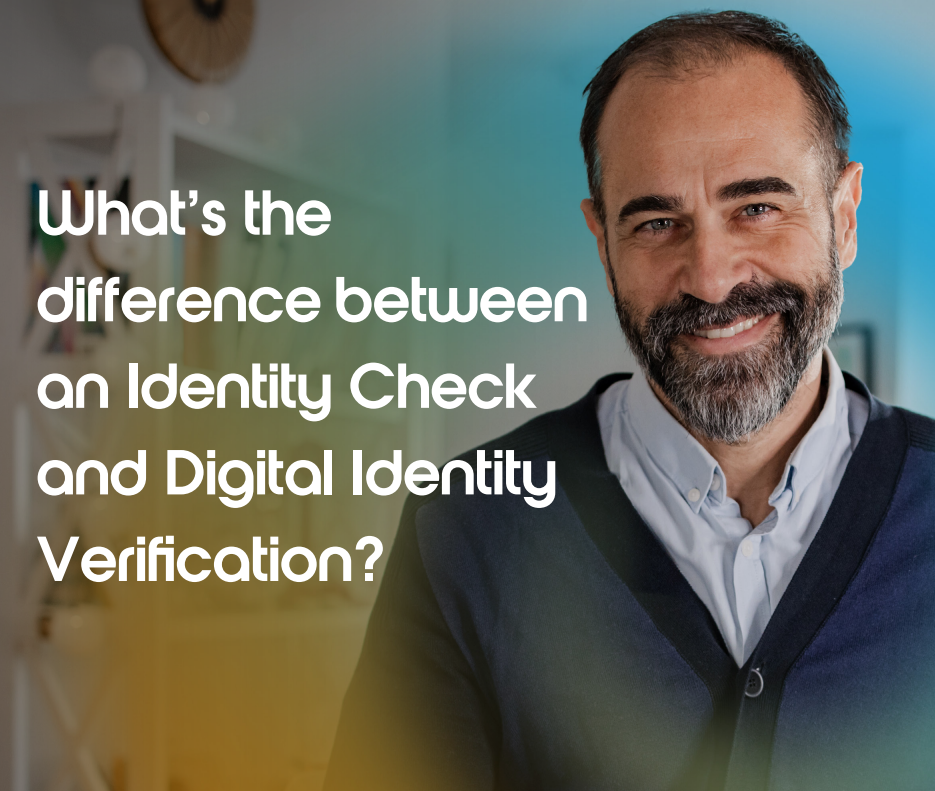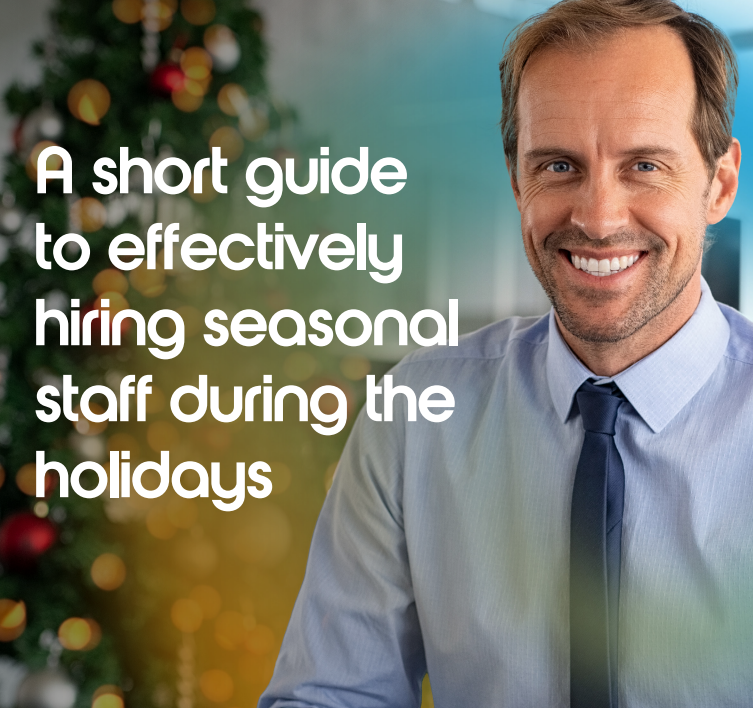If you work in a Human Resources department for an organisation which requires staff to undertake DBS checks, it’s essential you understand the importance of the vetting process.
The role of the Disclosure and Barring Service (DBS) is to ensure employers make safe recruitment decisions for roles which require staff to work with children or other vulnerable groups of people.
What is a DBS check?
It’s illegal for an organisation to employ someone in a regulated activity relating to children or adults if that person has been barred from working with children or adults. DBS checks enable organisations to ascertain whether this is the case.
There are different levels of check that candidates can undertake. It’s down to the requesting organisation’s HR department to understand the process and know which level applies for which role.
Each level of check provides a varying amount of information on the applicant. It’s vital the appropriate check is carried out for each specific role.
What are the different levels of DBS check?
A basic DBS check will only show minor details about the applicant’s history, such as unspent convictions.
A standard DBS check is more detailed and will reveal spent and unspent convictions, reprimands, final warnings and cautions.
An enhanced check will show the same information as the standard check, as well as any relevant information being held by local police about the candidate.
An enhanced with barred lists check will provide the same information as the enhanced check, but will also show whether the applicant is barred from working with children and/or adults.
There are work restrictions for people who are on the barred lists, as they may not be permitted to do certain types of job.
How to deal with an applicant who has a criminal record
Serious thought must be given to handling applicants whose DBS checks show they’ve been involved in criminal activity.
A DBS check should only be used to ensure a candidate is suitable to work with children or vulnerable people.
It should not be used to prevent someone from getting a job, just because they have a conviction.
If an applicant has a conviction, keep an open mind and think about whether the conviction is related to the position being advertised.
It’s illegal to reject a job applicant because of a criminal conviction, unless the DBS check shows that the nature of the conviction makes them unsuitable for the role.
DBS checks for HR departments – everything you need to know
Recruiting for organisations that require staff to undertake DBS Checks can be daunting. That’s why uCheck offers a tailored service to HR teams.
Be sure to get in touch with us if you have any further questions. You can apply for a number of DBS Checks through our simple online platform – most checks are completed within 48 hours. Get started now.






